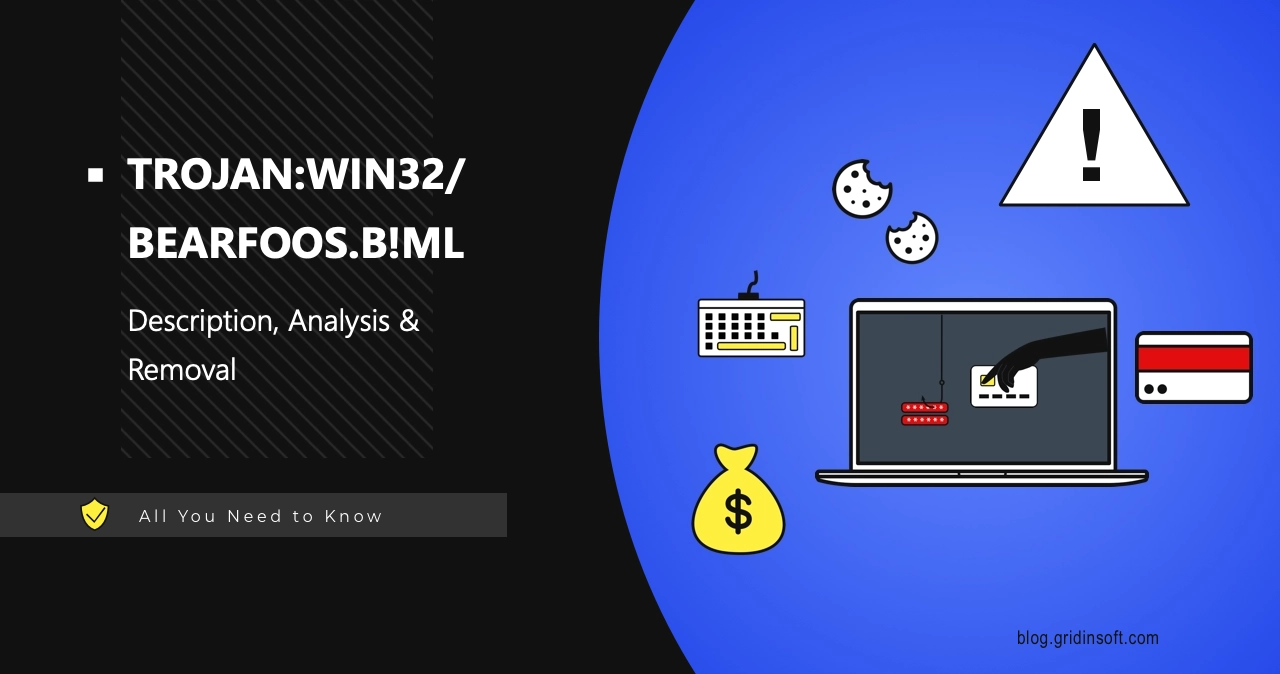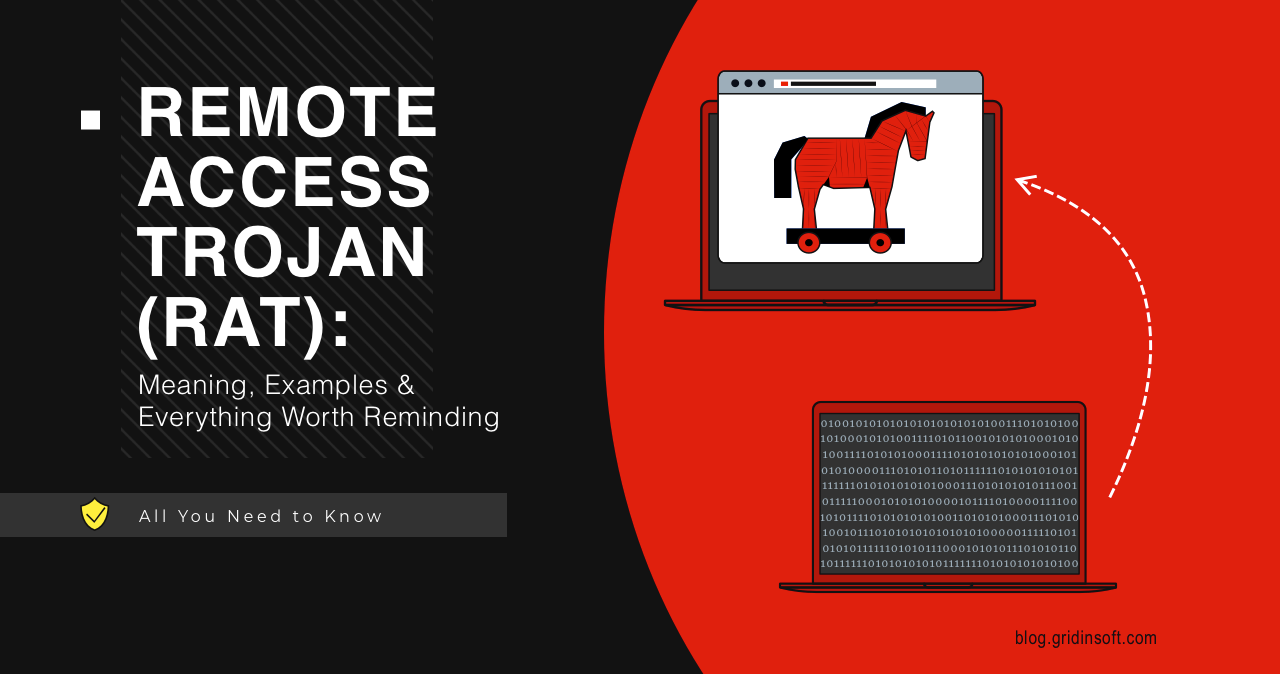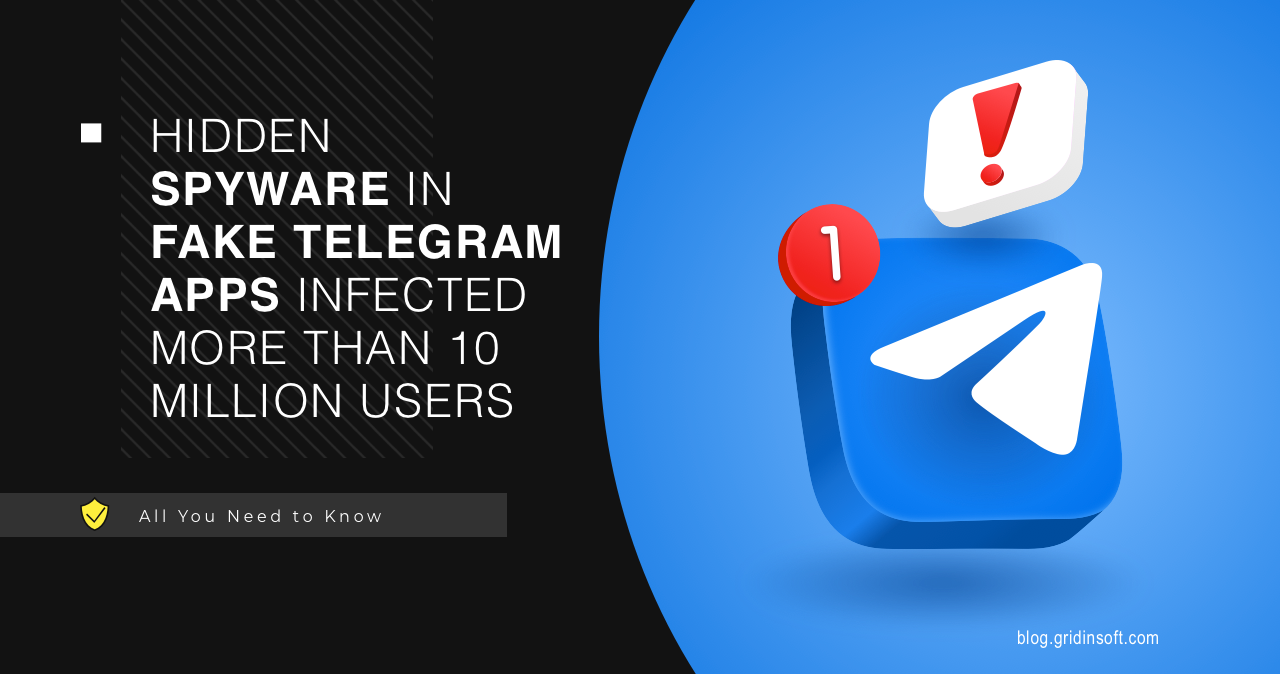Trojan:Win32/Bearfoos.B!ml is a detection of Microsoft Defender associated with data stealing malware. It may flag this malware due to the specific behavior patterns, assigning that name even to malicious programs of well-known families. As the Defender uses machine learning for this detection, it can sometimes be a false positive. Trojan:Win32/Bearfoos.B!ml Overview Trojan:Win32/Bearfoos.B!ml is a detection… Continue reading Trojan:Win32/Bearfoos.B!ml
Tag: Spyware
Infostealer Malware
Cybercrime world changes rapidly – both by expanding, collapsing, evolving extensively and intensively. One of the most massive malware types in the modern threat landscape – Infostealer Malware – appears to enter a new stage of development. Though its major names remain the same, some new malware families with promising features popped out. Let’s have… Continue reading Infostealer Malware
Password Stealer
Password stealer is a type of data stealing malware, that aims at a specific category of information. They are often spread through phishing, malvertising, and sometimes in cracked software. Let’s have a more detailed look on how they work, and how to protect yourself against password stealers. What Is a Password Stealer? As its name… Continue reading Password Stealer
Trojan:Win32/Acll
Trojan:Win32/Acll is a stealer malware detected by Microsoft Defender. It targets sensitive information, login credentials, personal details, and financial data. It spreads through pirated software, malicious ads, or bundles. Trojan:Win32/Acll Overview Trojan:Win32/Acll is a stealer-type malicious software coded in Python. It is designed to extract and transmit sensitive information from devices. Such malware targets a… Continue reading Trojan:Win32/Acll
Remote Access Trojan (RAT)
Remote Access Trojan is software that allows unauthorized access to a victim’s computer or covert surveillance. Remote Access Trojan are often disguised as legitimate programs and give the attacker unhindered access. Their capabilities include tracking user behavior, copying files, and using bandwidth for criminal activity. What is a Remote Access Trojan (RAT)? A Remote Access… Continue reading Remote Access Trojan (RAT)
AzorUlt Stealer Is Back In Action, Uses Email Phishing
Cybersecurity experts have stumbled upon the eight-year-old Azorult malware. This malware steals information and collects sensitive data, and has been down since late 2021. But will the old dog keep up to new tricks? Azorult Malware Resurfaces After 2 Years A recent research in the cyber threat landscape has brought to light concerning news about… Continue reading AzorUlt Stealer Is Back In Action, Uses Email Phishing
Spyware in Fake Telegram Apps Infected Over 10 million Users
It is important to exercise caution when using messenger mods. There have been reports of spyware disguised as modified versions of Telegram on the Google Play Store. This malware designed to extract sensitive information from compromised Android devices. Despite these risks, many users still blindly trust any app verified and published on Google Play. We… Continue reading Spyware in Fake Telegram Apps Infected Over 10 million Users
Chae$4 Malware Released, Targets Banking & Logistic Orgs
Cybersecurity experts have discovered a new variant of Chaes malware called “Chae$4”. This malware targets the banking and logistics industries and significant content management platforms. New Chae$4 Malware Targets Banking and Logistic Industries. According to a report, researchers have discovered an advanced variant of Chaes malware that predominantly targets e-commerce customers in Latin America. Chae$4… Continue reading Chae$4 Malware Released, Targets Banking & Logistic Orgs
Decoy Dog Malware Uncovered: Next-Gen Spyware
A group of hackers, presumably state-sponsored, is actively developing and beginning to use a sophisticated Decoy Dog toolkit. It has likely been used for over a year in cyber intelligence operations. It utilizes the Domain Name System (DNS) to manage and control a narrowly focused and minimal number of active clients. What is Decoy Dog… Continue reading Decoy Dog Malware Uncovered: Next-Gen Spyware
Trojanized TeamViewer Installer Spreads njRAT
Threat actors reportedly started using fake TeamViewer to distribute malware. Their particular favourite for the final payload is the infamous njRAT trojan – an old-timer of the scene. Through the tricky spreading scheme, hackers run a multi-stage attack. njRAT Hides in Trojanized TeamViewer App For some reason, people show high levels of trust towards downloading… Continue reading Trojanized TeamViewer Installer Spreads njRAT










